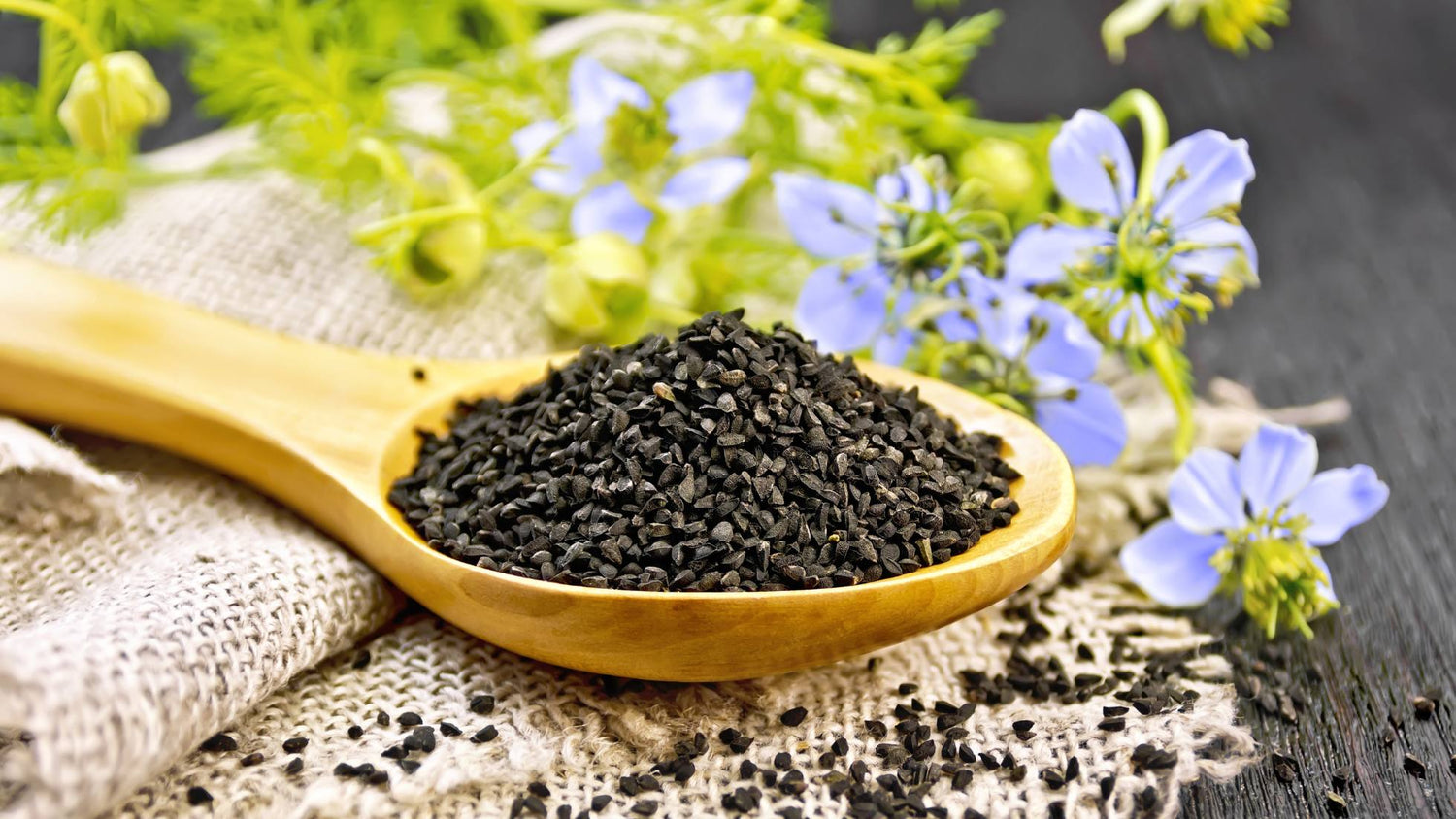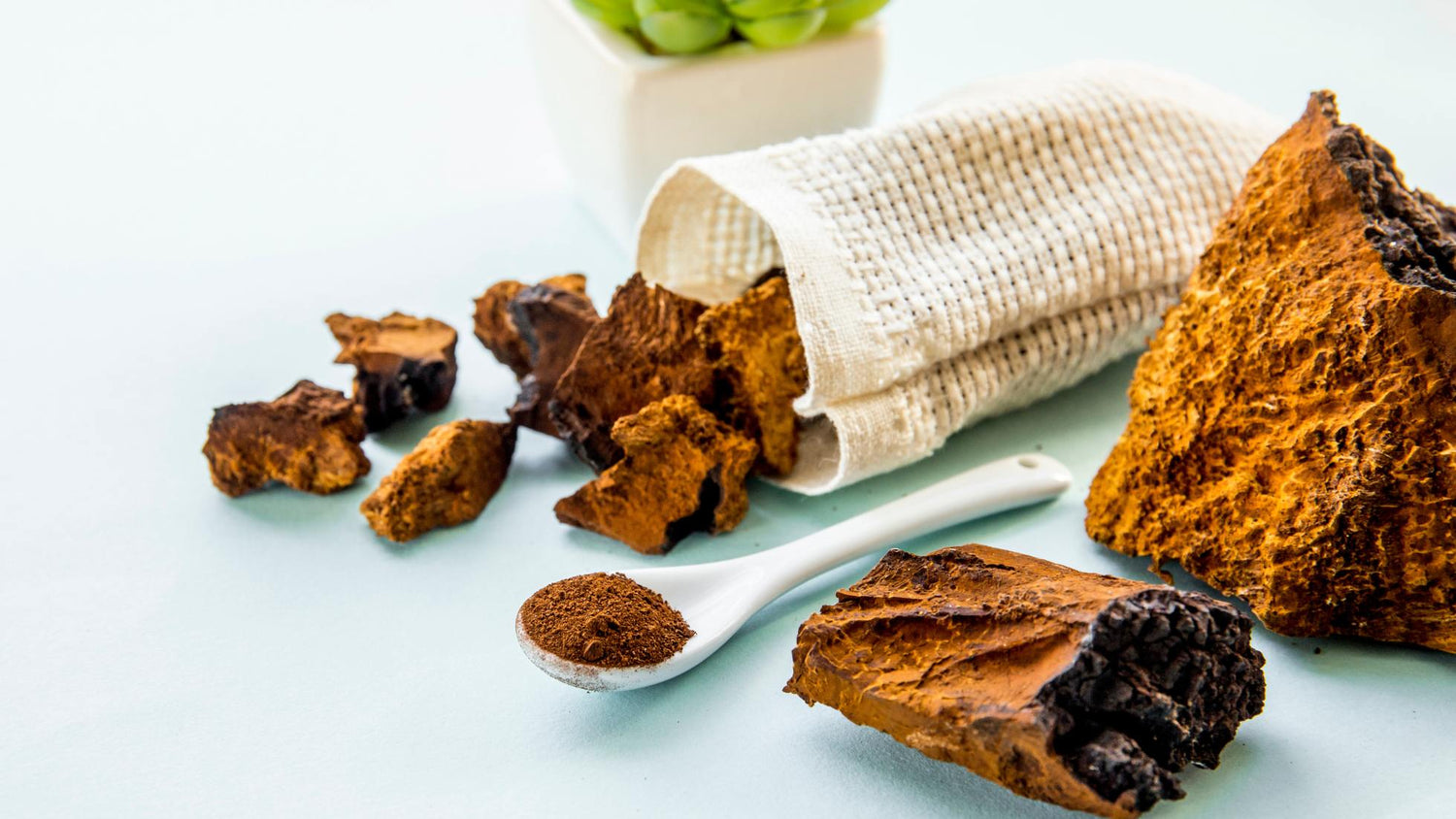Collagen: What is it?
Collagen is a protein of outstanding importance: Collagen is the most important structural protein in the body. About a third of the total protein in your body consists of various types of collagen. Skin, organs such as the lungs and heart, blood vessels, cartilage, bones, tendons, ligaments and joints: collagen holds everything together.
Actually, the term collagen describes a whole family of proteins, of which we currently know 28 different types.
Collagen structure: Stable triple helix
Collagen is produced by connective tissue cells, the fibroblasts. They are responsible for building the extracellular matrix. To form collagen, these cells string together long strands of up to 1,000 amino acids. These strands are called alpha chains and are also known as polypeptides.
In most types of collagen, three alpha chains are twisted into a triple helix. This triple helix is also called a tropocollagen unit. Bridges made of hydrogen bonds further stabilize this structure. The small size of the amino acid glycine is important for stability. It fits exactly between the larger amino acids and thus fills gaps in the structure. The shape of proline and hydroxyproline are also important for the tightly twisted alpha chains.
Collagen fibrils, thin collagen fibers, are formed from the connection of several tropocollagen units. When these are joined together, stable collagen fibers are formed. The connections between the individual collagen fibrils are important for the special properties of a collagen type.
Where does collagen occur?
By eating foods rich in collagen, you can ensure that your metabolism has plenty of collagen available. This makes it easier for your body to renew all types of tissue and thus promotes your health.
Collagen is found in abundance in bones, joints and our skin
Effect of collagen on skin and hair
Firm, wrinkle-free skin requires a lot of collagen and plenty of moisture. The extracellular matrix makes up the largest part of the skin layers. It is located under the upper layers of the skin and ensures that the surface is well-plumped. If you consume enough collagen in your diet, you don't have to worry about wrinkles when you're young.
Beautiful hair is also unthinkable without collagen. This structural protein gives the hair support and strength. If the hair becomes thinner, nutritional supplements such as “ SiliceaS3 – Skin, Hair, Nails ” can help.
But after the second decade of life, collagen production begins to decline inexorably. The main reason for this is the so-called growth factors, which become increasingly sluggish over time. In addition, the quality of the collagen in skin and hair leaves a lot to be desired. It is often fragmented and can therefore no longer properly fulfill its supporting function.
Collagen as an anti-aging agent
Collagen is a good anti-aging agent - a safe alternative to injections with Botox or fillers, to wrinkle injections with the body's own fat, to surgical lifting or ultrasound treatments. In fact, anti-aging creams with bovine collagen have been available since the mid-1950s.
Nowadays, you can find a large selection of collagen-containing face masks, serums, hydrogels, hand creams, eye masks, eye pads and much more in every drugstore. Cosmetics with collagen are also supposed to magically remove wrinkles, dark circles and bags under the eyes.
However, most of this collagen remains on the surface of the skin. There it binds moisture and makes the skin look younger temporarily. Only a fraction of the collagen can penetrate the skin. There, in the extracellular matrix, collagen could permanently plump up wrinkles.
How much collagen from cosmetic products can get into the skin is a matter of debate. Korean scientists found that collagen (pentapeptide) remains completely trapped in the epidermis.
You can achieve a greater anti-aging effect by introducing collagen into your body through your diet, as a dietary supplement, and thus stimulating the body's own collagen production in the tissue.
Clinical studies on oral intake of collagen hydrolysates with a daily dose of 2.5 to 10 grams per day for four to 24 weeks show that this improves wound healing, collagen density in skin and hair, wrinkles, elasticity and moisture in the skin. These positive effects lasted for up to 8 weeks after the last intake.
Therefore we recommend: Skin Factor
Collagen for connective tissue & cellulite
The orange peel specter of cellulite plagues many women on their stomachs, legs or bottoms. Weight fluctuations, rapid growth and weight gain during puberty or pregnancy leave their mark on the skin in the form of stretch marks.
Hereditary connective tissue weakness can also lead to cracks in the skin's collagen network. The metabolism is then unable to repair the gaps properly. The new strands are often too short to fill the holes. This creates the characteristic waves, dents and stripes. In women going through menopause, a decline in estrogen production also leads to less collagen being produced in the skin's connective tissue.
In general, prevention is better than cure for cellulite. Contrast showers, drinking plenty of fluids, exercising, not smoking and applying cream are often recommended. The market for cellulite creams is booming - although studies show that creams primarily lift the mood and have little effect on cellulite.
Study results on taking collagen to treat cellulite give rise to hope. For moderate cellulite, just 2.5 grams of collagen hydrolysate a day, taken over six months, leads to an improvement in cellulite and skin density compared to a control group without collagen. In addition to activating massages, exercise and a balanced diet, the targeted intake of collagen, for example in the form of collagen cups, could improve the appearance of cellulite. It's worth a try.
If you want to prevent and counteract cellulite, Collagen Formula 28 can be a great help.
Collagen: Effect on joints, ligaments, tendons and bones
Sometimes they hurt after a tough workout. In an accident they tear or break: joints, ligaments, tendons, muscles and bones.
At the cellular level, collagen is the substance that makes our musculoskeletal system efficient, flexible and resilient.
This is why athletes who place a lot of strain on their joints and muscles often turn to collagen to speed up regeneration. In addition to all ball sports, long-distance runners and weightlifters place a particularly high strain on their joints - to name just a few examples.
People with osteoporosis, arthrosis and rheumatic diseases (rheumatism) such as rheumatoid arthritis also hope that collagen will have a positive effect on their symptoms. Knee pain, joint pain, back pain, torn ligaments, broken bones or a slipped disc are other reasons for using collagen.
Our special recommendation: Joint Strength . This preparation supports collagen production in the joints.
Collagen in the intestine: Why is it so important?
The topic of collagen and the intestines affects many people, as around 40 percent of all people suffer from digestive problems. However, women are far more likely to suffer from flatulence, constipation and diarrhea than men. In addition, the number of patients with autoimmune diseases and chronic inflammatory bowel diseases such as celiac disease, ulcerative colitis, leaky gut syndrome and Crohn's disease is constantly increasing.
In these diseases, the intestinal mucosa has lost its delicate balance, as has the immune system, which is largely located around the intestine. Intolerances to foods such as milk sugar (lactose) or gluten can cause severe damage to the intestinal flora and intestinal wall.
Treatment with antibiotics can also destroy the microbiome in the intestine. In most cases, intestinal cleansing helps. Fasting cures of all kinds have also proven to be helpful for intestinal problems.
Eating plenty of collagen ensures that your body has the important amino acids needed to repair the intestinal wall. The amino acid glycine is particularly important here, as it can heal inflammation in the intestine and helps seal the permeable intestinal wall.





